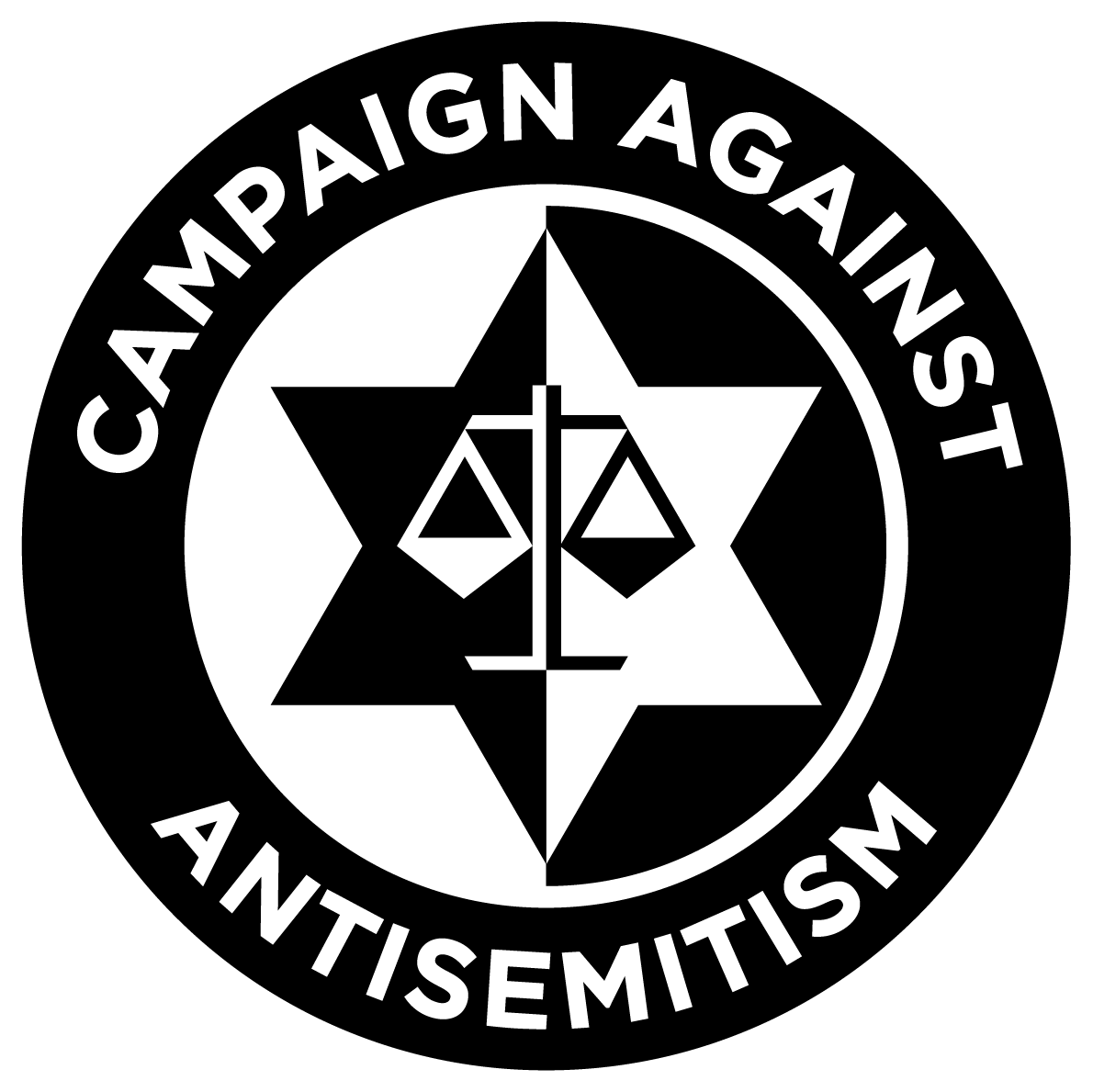It was deeply inappropriate for Jonathan Dimbleby to use his keynote on Holocaust Memorial Day to claim that antisemitism is being used to silence Israel’s critics
It was deeply inappropriate for Jonathan Dimbleby to have used his keynote address at the main commemoration on Holocaust Memorial Day to claim that allegations of antisemitism are being used to silence Israel’s critics.
As the son of broadcaster Richard Dimbleby, Jonathan was honoured with the keynote address at the ceremony. His father had given the British public their first clear account of the concentration camps after insisting on broadcasting on the BBC what he saw after British troops liberated Bergen-Belsen.
Whilst Mr Dimbleby gave a very moving address, he also decided to use the moment to repeat the smear that allegations of antisemitism are in fact used to silence Israel’s critics, warning against confusing “antisemitism with the right to criticise – even strongly – the policies of the Jewish state to the same degree as one might any other democracy”.
That is not a practice that we have seen any notable evidence of, and the International Definition of Antisemitism, which was adopted by the British Government after a long campaign by Campaign Against Antisemitism, Sir Eric Pickles and others, explicitly states that “criticism of Israel similar to that levelled against any other country cannot be regarded as antisemitic.”
It was deeply inappropriate for Mr Dimbleby to abuse the keynote speech bestowed on him in honour of his father to make a political point on a day that should be dedicated to remembrance and devoid of politics. A key message of Holocaust Memorial Day should have been that allegations of antisemitism must be taken seriously and at face value, rather than being viewed with suspicion as possibly being part of a nefarious political manipulation.



